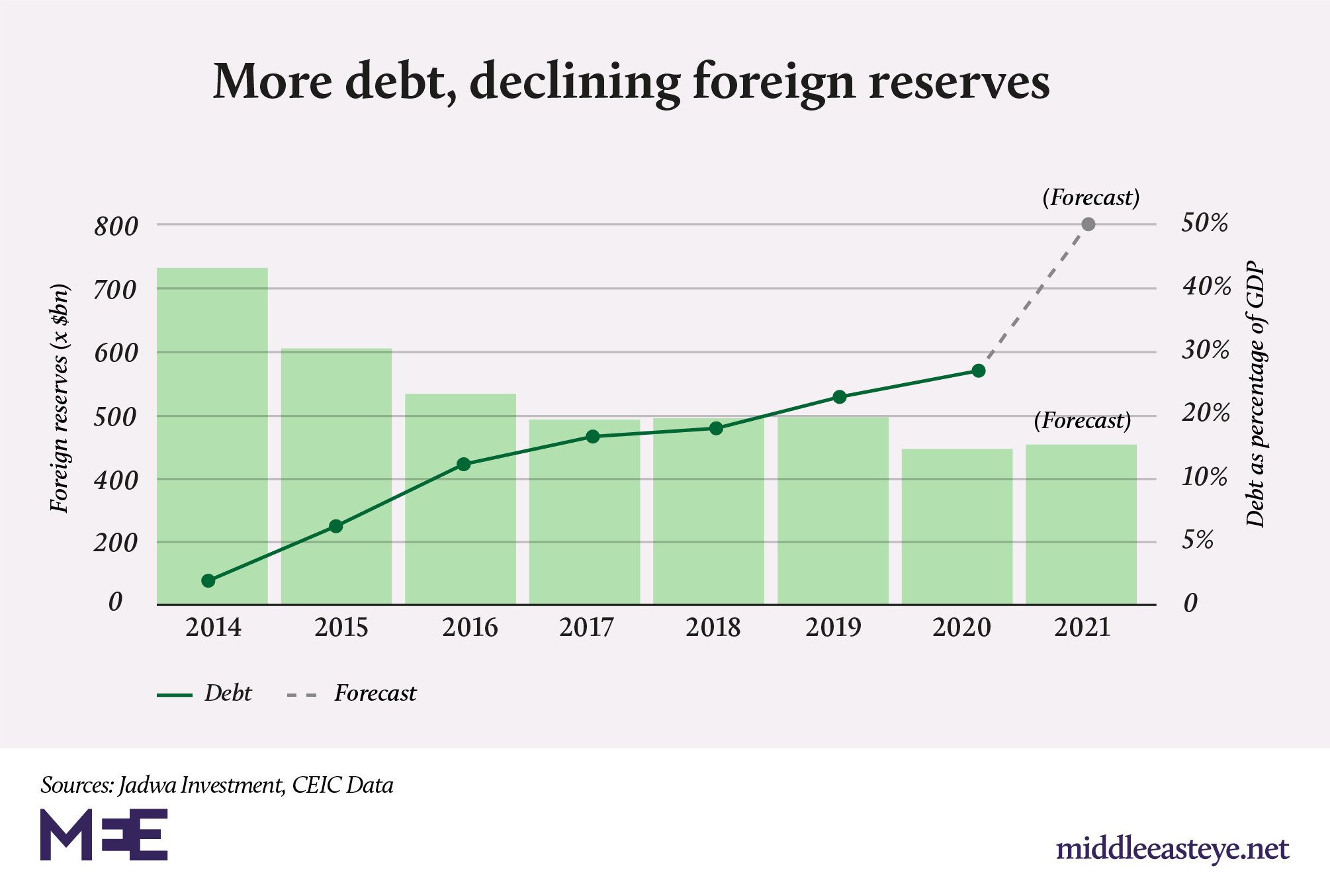Saudi Arabia's Ministry of Finance revealed a narrower budget deficit for the first quarter of 2024 compared to the previous year. The kingdom posted a deficit of $3. 3 billion, a significant improvement from the $8. 7 billion deficit recorded in the first quarter of 2023. This positive development comes amidst rising global oil prices, a key factor for the Saudi economy.
The improved fiscal performance is attributed to a surge in government revenue, primarily driven by oil exports. The average price of Brent crude oil, a benchmark for Saudi Arabia's exports, hovered around $85 per barrel during the first quarter, a substantial increase from the $63 per barrel average seen in the same period last year. This rise in oil prices translated to a significant boost in government coffers, offsetting some of the spending pressures.
However, government expenditure also rose in the first quarter, albeit at a slower pace compared to revenue growth. The government prioritized social spending programs and infrastructure projects, aiming to stimulate economic activity and improve living standards for citizens. Additionally, there were increased allocations towards defense and security.
Despite the narrower deficit, the Saudi government remains cautious about its long-term fiscal outlook. The Ministry of Finance acknowledged the inherent volatility of oil prices and emphasized the need for continued economic diversification efforts to reduce dependence on hydrocarbon revenue. The kingdom has implemented various initiatives to promote non-oil sectors, such as tourism, manufacturing, and technology.
The first quarter's results provide a cautiously optimistic outlook for Saudi Arabia's fiscal health in 2024. The significant improvement in the budget deficit signifies the positive impact of rising oil prices. However, the government needs to maintain a balanced approach, prioritizing both economic diversification and essential government spending to ensure long-term fiscal sustainability.

